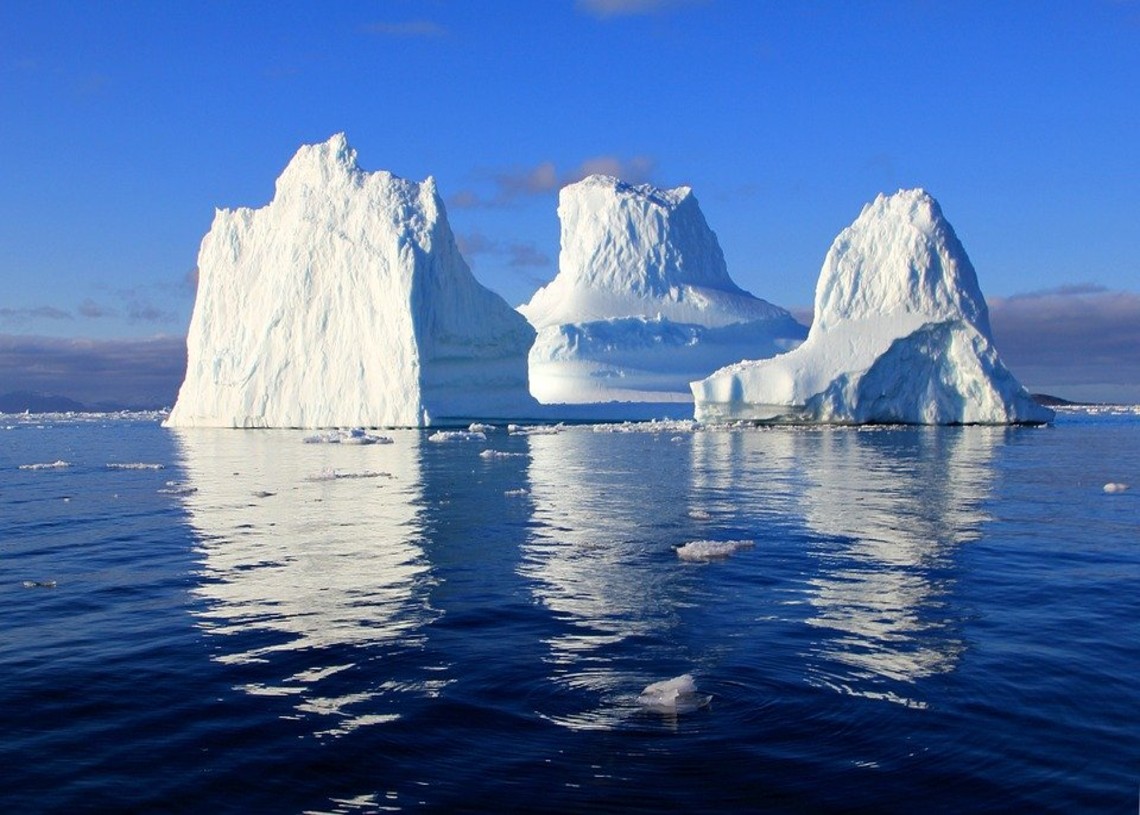Research from data collected by satellites in over 40 years indicates that glaciers on Greenland ice sheet is shrinking at an alarming rate to the point of no return. The revelations come after scientists started noting that the amount of ice getting lost currently is not being replaced by the snowfall that happens in the region.
In the 1980s and 90s, data showed that the glaciers were losing approximately. 450 gigatons (about 450 billion tons) of ice each year. This loss, however, was getting replenished by snowfall, which during that time was enough to ensure that all the lost ice was replaced.
Greenland ice sheet research data
However, fast forward to the 2000s, the loss went up to 500 gigatons, whereas the volume of snowfall remained constant. The glacier being lost into the sea, was now rising steadily as compared to the snowfall that was replenishing it, leading to loss of huge chunk Greenland ice. This impact was attributed to climate change, which has been accelerating from the 200s.
Analyzing months of data from 200 large glaciers in the region also indicated that the Greenland ice sheet was shrinking at an alarming rate. They analyzed that amount of ice that was being lost into the ocean and how much snowfall was being recorded during that time.
Michalea King, a lead author of the study and a researcher at The Ohio State University’s Byrd Polar and Climate Research Center, indicated that they had observing the ice sheet pulse, the rate of change of the glaciers, which increases in the summer. King continued by saying that they had seen an exponential rise of the loss in the last six years.
Excited to share our new #Greenland paper out today. Our multidecadal, ice sheet-wide study found that an abrupt increase in dynamic ice losses, driven predominantly by glacier retreat, ensured persistent ice sheet mass loss @CommsEarth @nresearchnews https://t.co/0kcjzA2uU0
— Michalea King (@Michalea_King) August 13, 2020
King also indicated that since 1985, the Greenland ice sheet had retreated an average of 3 Kilometers. The shrinking had been so significant that many of them were now sitting deep into the ocean and in contact with warm water, that further contributed to its reduction through melting.
Ian Howat, a co-author of the paper, indicated that even if the climate were to remain the same now, and global warming was controlled, there was a chance that the damage on the Greenland ice sheet would be irreparable.
Shrinking of the region is a global concern, since the melted ice finds its way to the Atlantic ocean, and eventually all other oceans. This contributes to a rise in sea levels, which last year in a matter of two months, the sea rose upto 2mm due to melting and breaking off of the Greenland ice sheet.
The research was published on the journal Communications Earth and Environment.
Featured image by Pixabay







